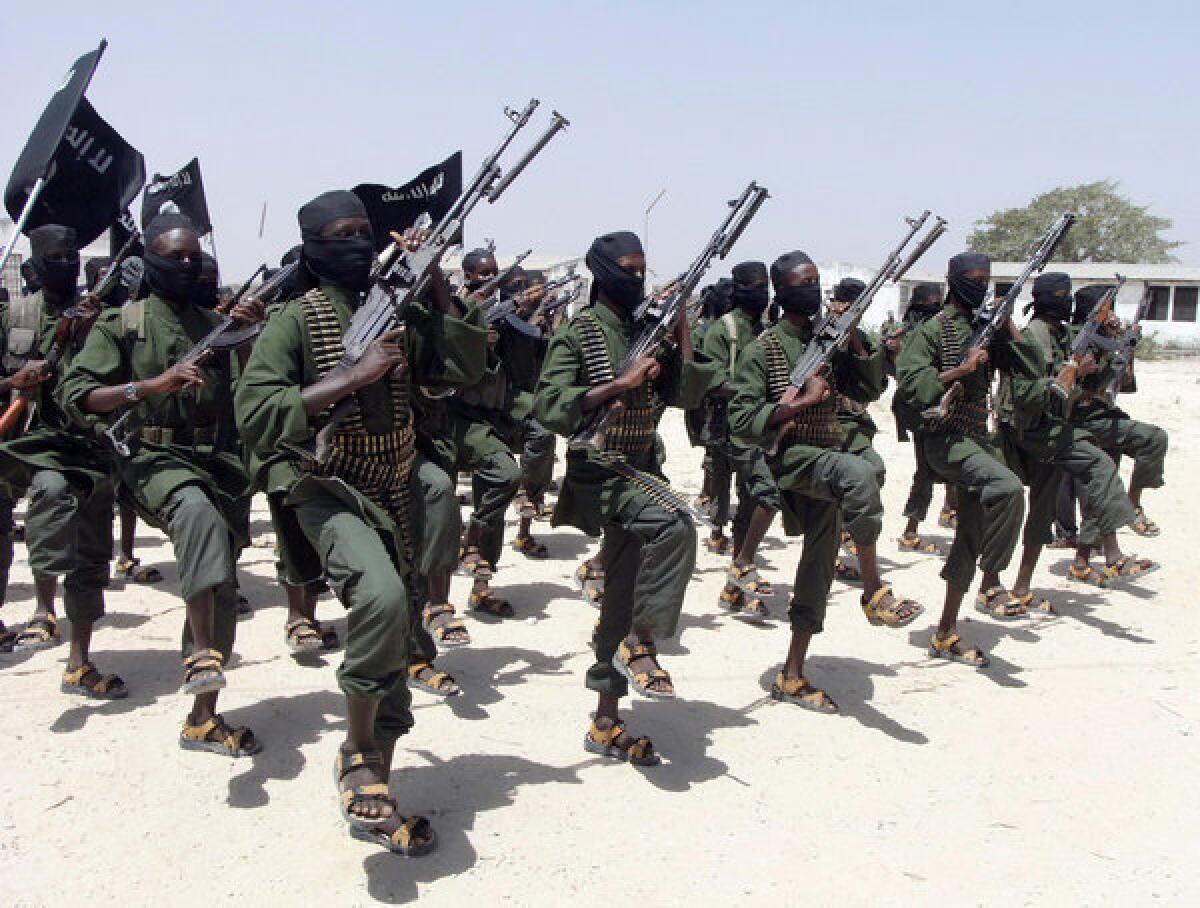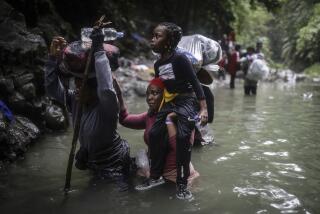‘Extreme abuses’ drive Doctors Without Borders out of Somalia

One of the few relief organizations to tough out more than two decades of civil war, famine and chaos, Doctors Without Borders announced Wednesday that it is closing all operations in Somalia because of “extreme abuses” by armed factions and government indifference toward them.
“In choosing to kill, attack, and abduct humanitarian aid workers, these armed groups, and the civilian authorities who tolerate their actions, have sealed the fate of countless lives in Somalia,” Unni Karunakara, the international medical group’s president, said in a scathing statement about the conditions driving the relief group to leave after 22 years.
“We are ending our programs in Somalia because the situation in the country has created an untenable imbalance between the risks and compromises our staff must make, and our ability to provide assistance to the Somali people,” Karunakara said.
Somalia last year installed its first elected government and president since the country collapsed into civil war in 1991. Despite an impression of emerging stability, huge areas of the country in the Horn of Africa remain torn by political and religious strife. Much of it has been provoked by the Al Qaeda-aligned Shabab militant group.
A statement posted on the website of Doctors Without Borders, known worldwide as MSF for its French name Medecins Sans Frontieres, condemned the armed factions and the government for allowing an intolerably dangerous environment to develop.
Sixteen MSF staff members have been killed, and the organization has experienced dozens of attacks on its staff, ambulances and medical facilities since 1991, the group reported. Two MSF employees were shot and killed in Mogadishu in December 2011, and their convicted killer was given an early release from prison.
Last month, Somali gunmen released two Spanish MSF logistics workers who had been kidnapped from a refugee camp in Kenya and held hostage for 21 months in violence-wracked south-central Somalia.
“These two incidents are just the latest in a series of extreme abuses,” MSF said. It noted that the risks posed by operating in Somalia forced the relief group to employ armed guards, “which it does not do in any other country.” MSF also lamented “extreme limits on its ability to independently assess and respond to the needs” of a population that is largely without other access to medical care.
“The exceptional humanitarian needs in the country have pushed the organization and its staff to tolerate unparalleled levels of risk -- much of it borne by MSF’s Somali colleagues -- and to accept serious compromises to its operational principles of independence and impartiality,” the group said.
In 2012, MSF teams in Somalia provided more than 624,000 medical consultations, admitted 41,100 patients to hospitals, cared for 30,090 malnourished children, vaccinated 58,620 people and delivered 7,300 babies, its statement said.
The violent conditions forcing the group to abandon its relief works “effectively cuts off hundreds of thousands of Somali civilians from humanitarian aid.”
ALSO:18 feared trapped aboard sunken India submarine
Violence spreads across Egypt after crackdown on Morsi supporters
Europe shows signs of economic recovery as Eurozone recession ends
Twitter: @cjwilliamslat
More to Read
Start your day right
Sign up for Essential California for news, features and recommendations from the L.A. Times and beyond in your inbox six days a week.
You may occasionally receive promotional content from the Los Angeles Times.







